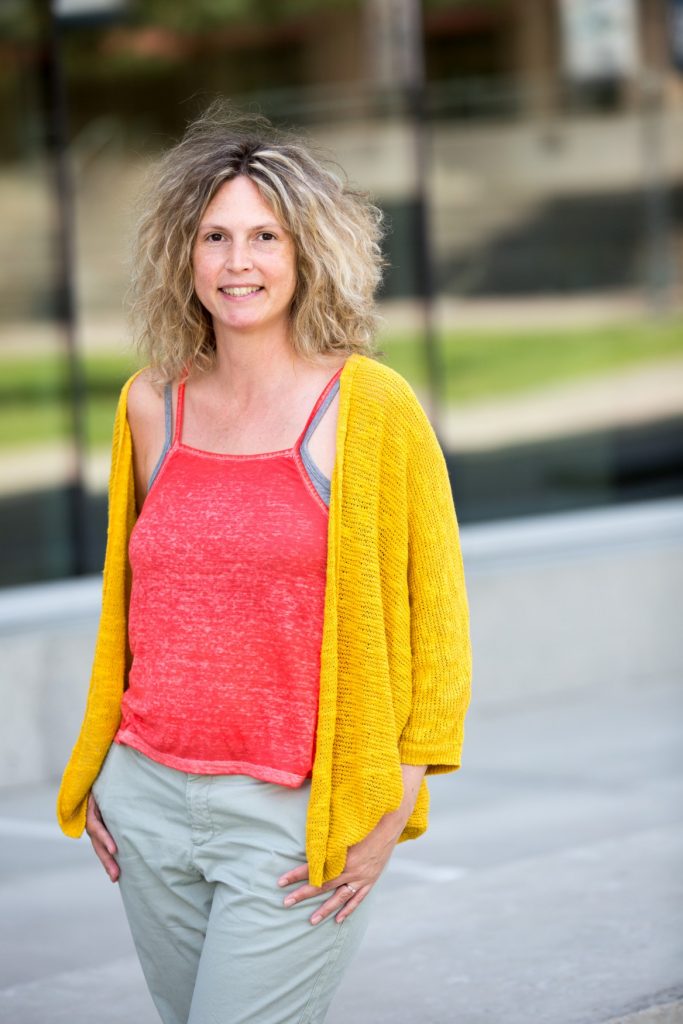
Tourism is a complex industry. While some communities embrace it as an economic engine, others now recognize there are consequences to unimpeded travel, especially for those who live in tourism destinations.
Dr. Kellee Caton, a renowned expert in advancing critical tourism studies, has long investigated the complexities of tourism. She leads a partnership of researchers at 10 international universities to ensure this area of critical tourism study flourishes.
Supported by a Social Sciences and Humanities Research Council (SSHRC) Partnership Development Grant, the Critical Tourism Studies Network aims to engage a new generation of scholars and to formally expand the existing network, established in 2005.
“We are now all aware of the communities that are over-toured, in which people cannot use the amenities in their own cities because of so much tourism.”
Dr. Kellee Caton, Professor, Tourism
The network draws together like-minded researchers to investigate critical tourism questions, including the impact of tourism on the developing world.
The newly announced research funding, made up of $200,000 from SSHRC and another $200,000 in matching funds from participating universities, including New York University, Copenhagen Business School and the University of Waterloo, will formalize the network and ensure the knowledge produced by participating scholars is shared widely and effectively.
Broader discussions on critical tourism studies has never been timelier, said Caton. There is a greater awareness of the unintended consequences of international travel during the COVID-19 pandemic than there has been in any time in recent memory.
“We are now all aware of the communities that are over-toured, in which people cannot use the amenities in their own cities because of so much tourism. We have this belief that we should be welcome in anybody’s space because this is how we wish to spend our leisure time, but we don’t recognize the impact of that,” Caton said.
“What kind of ethical issues are arising in tourism practice? We know we can do tremendous harm when we travel,” she added, noting the spread of COVID-19 and the reluctance of some remote communities to accept visitors as an example.
While the industry boasts incredible employment opportunities for those with education and skill, there are many more employees who serve the tourism industry earning low wages and struggling to afford housing in expensive destination cities.
“I hope that collectively, we become aware of who is doing the essential services in this industry,” she said, adding that we are overdue in asking what it means to travel ethically.
More information
Professor Dr. Kellee Caton
kcaton@tru.ca

